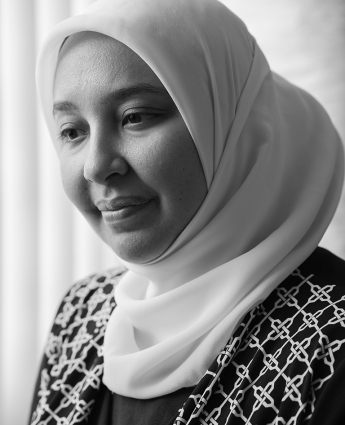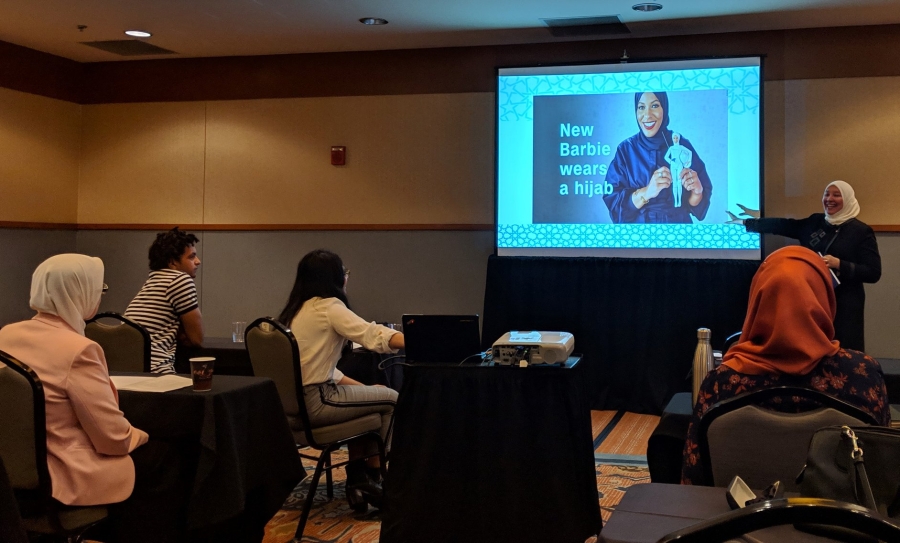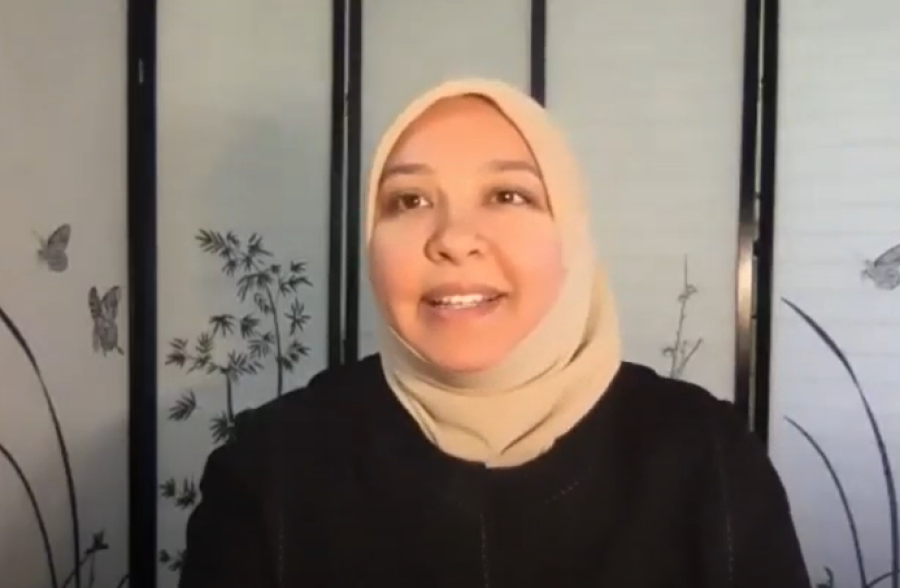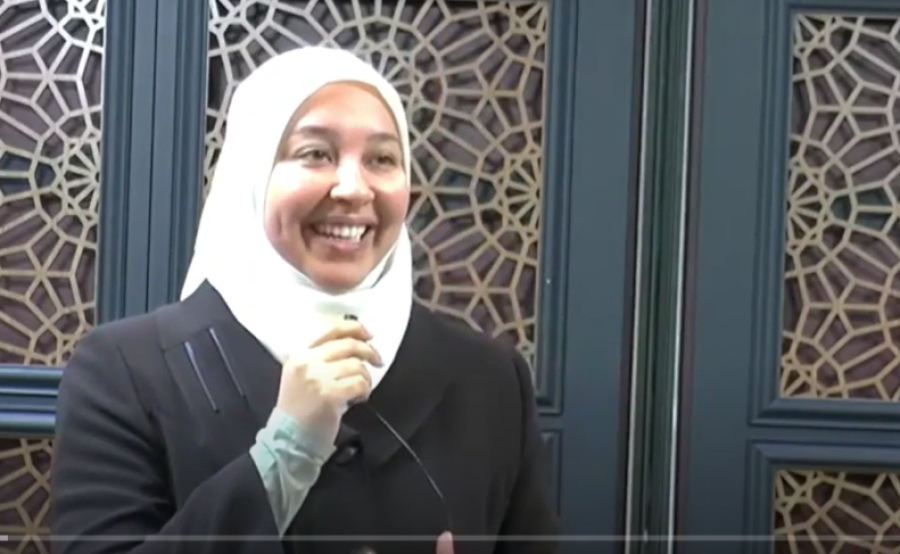
Rania Awaad, M.D.
Rania Awaad, M.D., is a practicing Psychiatrist based at the Stanford University School of Medicine. She is a Clinical Associate Professor in the Stanford Department of Psychiatry and Behavioral Sciences and pursues her clinical practice through the department's community psychiatry track. She is also a researcher and the Director of the Stanford Muslims and Mental Health Lab where she mentors and oversees multiple lines of research focused on Muslim mental health. She completed her psychiatric residency training at Stanford Hospital and Clinics where she also pursued a postdoctoral clinical research fellowship with the National Institute of Mental Health (NIMH). Her research and clinical work are focused on the mental health needs of Muslims. She has been the recipient of several awards and grants for her work.
Through community partnerships established by the Stanford Department of Psychiatry, she is currently the Psychiatric Director of the El Camino Women's Medical Group (Mountain View and San Jose) where she pursues her interest in women's mental health. Additionally, through another community partnership with the Stanford Department of Psychiatry, she serves as the Clinical Director of the Bay Area branch of the Khalil Center (Santa Clara), a spiritual wellness center pioneering the application of traditional Islamic spiritual healing methods to modern clinical psychology.
Dr. Awaad also has an interest in refugee mental health and has traveled to Amman, Jordan multiple times with the Care Program for Refugees (CPR) sponsored by Al-Alusi Foundation, a local non-profit organization. She has worked on developing and presenting a "train the trainers" curriculum to aid workers and therapists in Amman working with Syrian and Iraqi refugees. Dr. Awaad is passionate about community mental health and lectures widely nationally and internationally, particularly in communities where mental health is highly stigmatized. Recently, she was invited by President Obama to present her work on Muslim Mental Health at a convening at the Department of Health in DC. Dr. Awaad received this invitation as a leader who is nationally recognized for her work on the mental health needs of Muslim populations.
Locally, she hosts a monthly meeting at Stanford for Bay Area Muslim Mental Health Professionals (BAMMHP) that facilities mentorship and networking opportunities for mental health professionals, paraprofessionals and students interested in working with the Muslim population. Her other interests include psycho-spiritual well-being and interfaith work as it relates to mental health. In this vein, Dr. Awaad co-teaches a course to Stanford Psychiatry residents entitled, "Culture and Religion in Psychiatry."
Prior to studying medicine, Dr. Awaad pursued classical Islamic Studies in Damascus, Syria and holds certification (Ijaza) in Qur’an, Islamic Law and other branches of the Islamic Sciences. She is a Professor of Islamic Law at Zaytuna College, an American Muslim Liberal Arts College in Berkeley, CA. In addition, she serves as the Director of The Rahmah Foundation, a non-profit organization dedicated to educating Muslim women and girls.

A Roadmap to Engaging Muslim communities in Mental Health - Rania Awaad, MD
Presentation at the 11th Annual Conference in Tempe AZ

Dr Awaad presents on "History of Islamic Psychology & Types of Psychological Manuscripts from the 8 th -14 th Century Muslim World" at the 12th Annual Conference.

Dr Awaad presents on "The Spiritual Transformation & Healing of the Hajj" at the Muslim Community Center - East Bay in 2017.
Dr Awaad presents on "History of Islamic Psychology & Types of Psychological Manuscripts from the 8 th -14 th Century Muslim World" at the online 2020 conference.
2019 Muslim Mental Health Conference April 5, 2019 Tempe, AZ
A Roadmap to Engaging Muslim communities in Mental Health - Sara Ali, Rania Awaad, MD
In this presentation, we will examine projects from California that used culturally and religiously sensitive community engagement strategies. We will also discuss steps that were taken to build partnerships with masjids, and Islamic organizations and the degree of community engagement. The presentation will examine different tools used to evaluate the degree of partnerships.
Dr.Rania Awad speaks on: "Mental Health - An Islamic Perspective" on June 17, 2020 at the
Salaam Islamic Center.